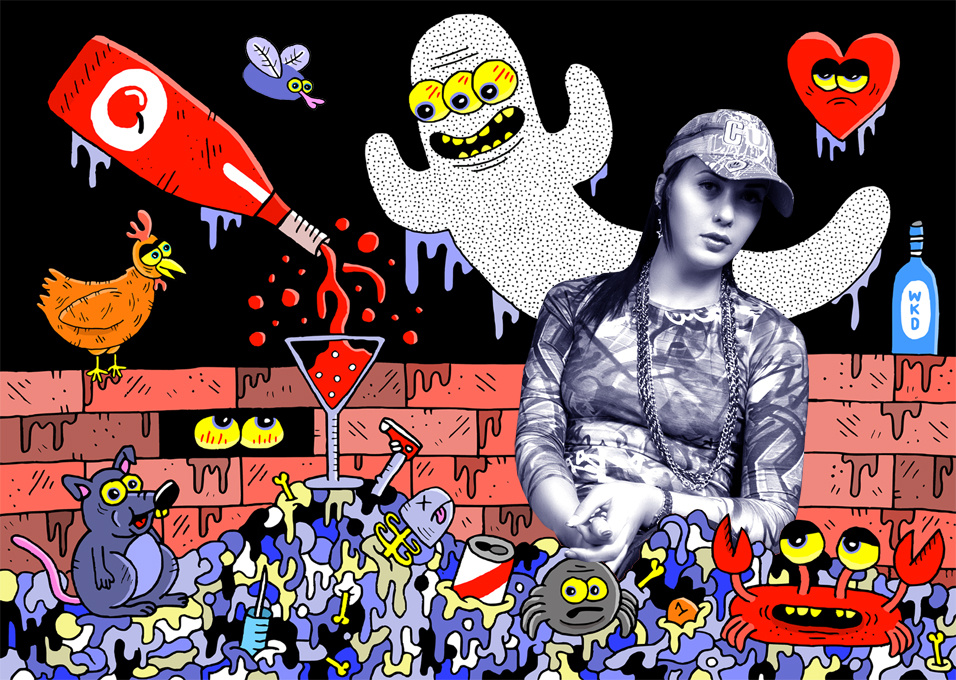
Advertisement
So no, back where I come from, we don’t do internships at the Fabian Society, we do glue round the back of the youth house. That’s why I've always felt so unsure about having a political opinion. In modern Britain we expect the right wing to come from some sort of moneyed elite, but it seems that even lefties require a modicum of privilege today in order to get their voices heard in public discourse. And I do mean a modicum. I’m pretty sure that Laurie hasn’t led the pampered life her (often sexist) right and left-wing critics suggest. But even people I admire and who are perceived to be ultra left wing have had some help from the establishment in order to establish themselves.
Laurie Penny and Owen Jones both went to Oxford and though I think they're both great and they also both recognise the educational privileges they've enjoyed, that doesn't change the fact their education helped them find a voice. Thank goodness they use it to speak out against inequality. Owen even has his own political vision for Britain and it’s rather good, actually. I think we can safely say he feels comfortable talking party politics. For me, party politics means how to steal wine and people’s boyfriends at your best mate’s 21st. Owen went to a state comprehensive, but he is the exception to the rule. Most young people didn’t go to private schools or Oxbridge and would never imagine they could meaningfully speak out about the issues that affect working-class people. Benefit cuts. Lack of affordable housing. Unpaid internships. Tuition fees. Who do these political issues affect most? It’s not the old and rich. It is people like me, people in their teens and twenties from poor backgrounds. Yes, poor. Not disadvantaged or underprivileged or deprived. Poor. There is a widening gap between rich and poor and a widening gap between old and young. It is people who scavenge food from the bins behind Iceland versus old men who bankrupted Iceland.
Advertisement